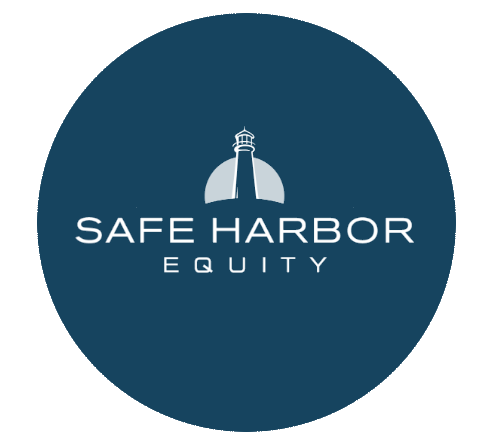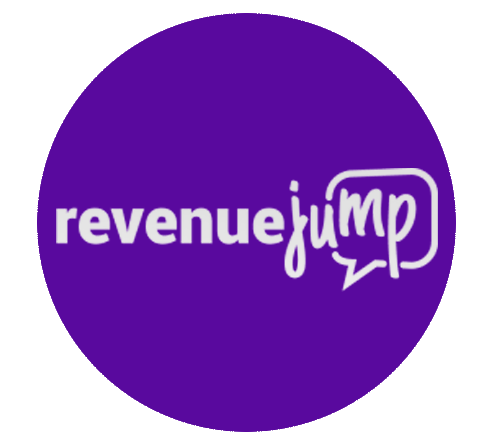Online Reputation Management Services
The best reputation management services for companies, organizations, and individuals. Brands around the world partner with Reputation X for online reputation management, Wikipedia editing, corporate brand monitoring, reputation strategy, and much more.
1.800.889.4812





Suppress Search Results
Reduce the visibility of negative information online. Replace it with positive content.
Suppress Results
Remove Search Results
Remove search results, improve online sentiment, and regain control of your brand image.
Remove Results
Reputation Strategy
Create an effective reputation roadmap to improve and protect your online brand.
Reputation Strategy
Create A Wikipedia Page
Earn a Wikipedia article for yourself or your brand. Leverage your notability.
Write Wikipedia
Edit An Existing Wikipedia Page
Edit Wikipedia pages. Correct inaccuracies, balance the narrative, reduce bias.
Edit Wikipedia
Improve Knowledge Panels
Improve Knowledge Panel content by taking control and finding and changing source material.
Knowledge Panel
Reputation Marketing
Online reputation marketing services to improve your entire profile.
Reputation Marketing
Improve Online Reviews
Improve star ratings, remove damaging reviews, increase positive reviews and monitor the online narrative.
Review Services
Reputation Services FAQ’s
Answers to questions about reputation management services and Wikipedia editing.
What is reputation?
Reputation is people’s general opinion or estimation about someone or something. It measures how much respect, admiration, credibility, or trust a person or entity has earned in a particular social group or community. Reputation is often based on the perceived quality of an individual’s or group’s actions, character, and accomplishments. A person or entity with a good reputation is generally seen as reliable, trustworthy, and worthy of respect. Conversely, a person or entity with a bad reputation is often seen as untrustworthy, unreliable, or lacking in character.
What Is ReputationWhat is reputation management?
Reputation is people’s general opinion or estimation about someone or something. It measures how much respect, admiration, credibility, or trust a person or entity has earned in a particular social group or community. u003cbru003e Reputation is often based on the perceived quality of an individual’s or group’s actions, character, and accomplishments. A person or entity with a good reputation is generally seen as reliable, trustworthy, and worthy of respect. Conversely, a person or entity with a bad reputation is often seen as untrustworthy, unreliable, or lacking in character.
What Is Reputation ManagementWhy is reputation management important?
Managing your reputation is a key success factor. Reputation affects career opportunities, business relationships, and social status for individuals, while impacting the bottom line, customer attraction, and market valuation for businesses. A good reputation is built on trust, credibility, and integrity, and offers competitive advantages. Not only does it improve customer acquisition, it also provides resilience during a reputational crisis. Actively managing your reputation is essential in a world where everyone Google’s you long before you meet.
Why Is Reputation ImportantHow long does reputation repair take?
Reputation repair (excluding removals) that involves pushing negative content down and positive content up takes about two months to begin working in most cases. The average reputation repair campaign takes six to ten months for satisfactory results.
How Long Does Reputation Management TakeWhat do reputation management services cost?
High quality online reputation management services are resource-intensive. Costs can range from about USD $4,000 per month and up. Costs vary due to degree of difficulty as well as other factors. Review and ratings management can cost as little as $250 per month.
Cost of Reputation ManagementOverview of Online Reputation Management Services
Online reputation management (ORM) services are intended to help individuals and businesses improve and maintain a positive online presence for their brand. ORM services involve various strategies and techniques to ensure that when people search for you or your brand, that they find the right kind of content that reflects your online brand in a positive way. Key aspects of online reputation management services include:
- Reputation Strategy: Reputation strategy encompasses competitive, technical, and content research that leads to a step-by-step reputation improvement plan.
- Monitoring Online Presence: Monitoring services track what’s being said about a person or brand across many online platforms like social media, search engines, video, databases, profiles, and review websites.
- Content Development and Management: Content development is about creating and promoting positive content about a brand or individual to offset any negative content that may exist online.
- Search Engine Optimization (SEO): Online reputation management services use SEO strategies to improve the visibility of content that is supportive of the brand in search engine results like Google or Bing.
- Review Management: Encourages customers to leave positive reviews and also responds to both positive and negative reviews as part of managing an online reputation.
- Crisis Management: In the event of negative publicity or a public relations crisis, reputation management services can help mitigate (lessen) the damage and manage the narrative, often dramatically shortening a period of bad press online.
- Social Media Management: ORM services may also include managing a brand’s social media profiles to ensure consistent, positive messaging and engagement with the audience.
- Reporting and Analytics: ORM services provide detailed reports on online reputation status, online sentiment, progress, and insights into how the perception of a brand online can be improved.
- Wikipedia Editing: For brands with an article on Wikipedia, reputation management can balance the narrative, reduce or eliminate bias, fill gaps, and improve Wikipedia articles through deep research that assists Wikipedia writers in making articles better.
Online reputation management services are proactive and defensive in nature, aiming to build a strong foundation of positive content and reviews that can protect against negative online content.






